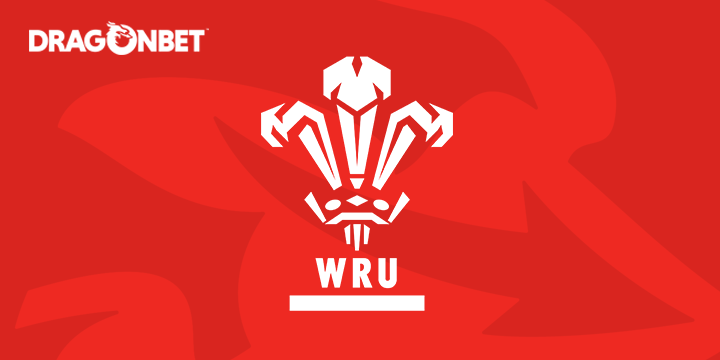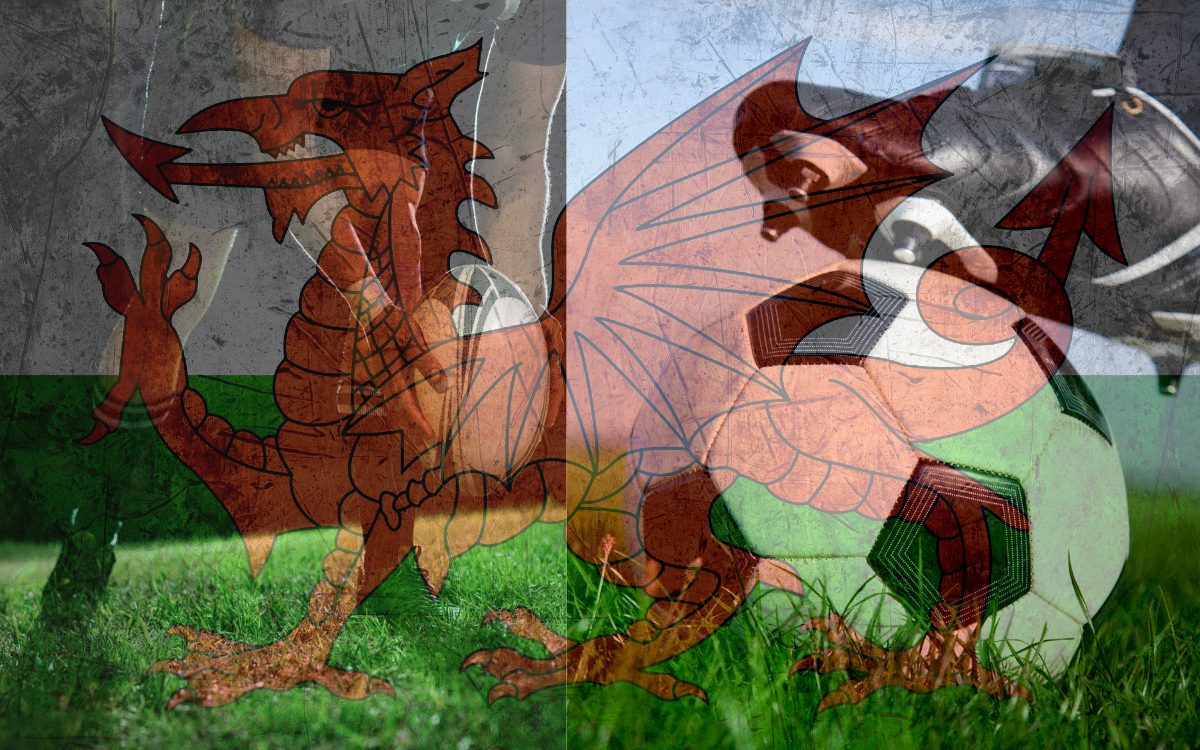The last time Wales went to a Rugby World Cup in France they made images that were flashed all over the world.
The only trouble was they were pictures of players in despair after failing to get out of the pool stages, plus a later one of coach Gareth Jenkins being sacked in a car park.
But that was in 2007 – 16 years ago, when Louis Rees-Zammit was just coming out of reception class and losing to Fiji in the pool stages was viewed as unthinkable.
Not any more. Just ask England who lost their final warm-up game to the Fijians at Twickenham.
If there is one big difference between the 2023 tournament and 2007, then it is the status of the so-called smaller nations such as Fiji.
When they face Wales in their opening Pool C fixture in Bordeaux on September 10, it will be as the nation ranked seventh in the world – three places higher than Wales.
That doesn’t quite translate as favourites’ status for the South Seas Islanders for their game against Wales – Warren Gatland’s men are still considered the more likely winners with DragonBet and other bookmakers – but it shows the changes that have occurred.
Argentina have moved up to sixth in the world, Georgia (also in Wales’ pool) are in 11th place, and both Georgia and Samoa are above Italy.
The world of rugby is changing, but the question is will that change be reflected at the World Cup?
A year or so ago, there were plenty of people willing to claim that maybe as many as seven or eight teams were capable of winning the tournament.
They were: France, South Africa, Ireland, New Zealand, Australia, England, Argentina and Wales.
But is that still the case? Or have recent results changed the outlook?
Ireland are the number one team in the world and have won their last 13 matches in a row. That sequence has included victory over every other leading nation.
A year ago they managed two victories against the All Blacks in New Zealand and they have since beaten South Africa, Fiji, Australia, Wales, France, Italy (twice), Scotland, England (twice) and Samoa.
And yet the nature of the draw means that Ireland have two tough-looking pool matches against South Africa and Scotland – and if they win those they are almost certain to meet either France or the All Blacks in the quarter-final.
It’s one of the best known – and least celebrated – facts in Irish rugby that the men in green have never been past the quarter-final stages at a World Cup.
They pocket Six Nations titles and Grand Slams, they beat the All Blacks back-to-back in their own back yard, they regularly win against France in Dublin and Paris . . . and yet the World Cup seems to trip them up every time.
Four years ago, they were full of confidence, yet they were hammered 46-14 by the All Blacks in Japan.
But four years is a long time. After all, that All Blacks team were then beaten by England in the semi-finals – a result that looks difficult to imagine now with this current England team.
The Red Roses look sickly. Under Steve Borthwick, they have been unable to stop the slide which was happening under Eddie Jones.
Of their last six matches, they have won just once – against Wales.
But if England can beat Argentina then they look well-placed to make the quarter-finals where they are likely to be up against Wales again, or Australia, or Fiji.
The All Blacks have come back to form with big wins when it mattered in the Rugby Championship over Argentina, South Africa and Australia.
Those results would seem to outweigh the evidence of their recent hammering against the Springboks at Twickenham, where the Kiwis played much of the game with only 14 men after the red card for Scott Barrett.
The Springboks look the most powerful team among the 20 who will be in France and are favourites with many.
France appear as good a place to put your money as anywhere, as their recent defeat to Scotland was when they decided to play a second string XV. In the last two years, they have beaten everyone, including the Springboks and the All Blacks.
Australia are in a mess – with five defeats in a row – but they have a knack of getting better during World Cup tournaments, while Scotland have their strongest team for years.
Argentina look very capable in one match and brittle in the next. They are the new France.
As for Wales, expectations will be low after recent poor results and the chaotic build-up of recent months.
But if you’re looking for hope, it was a similar background for a similarly youthful squad in 2011.
That was the year Wales reached the semi-finals and it might have been better had Sam Warburton not been sent off against France.
Keep the faith.

















